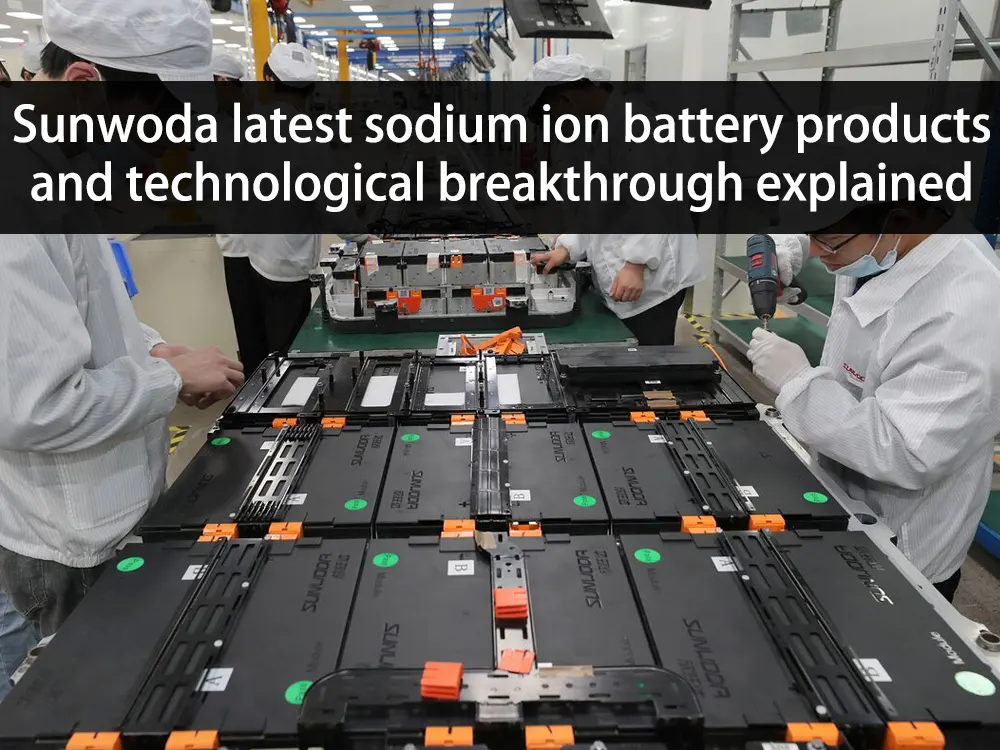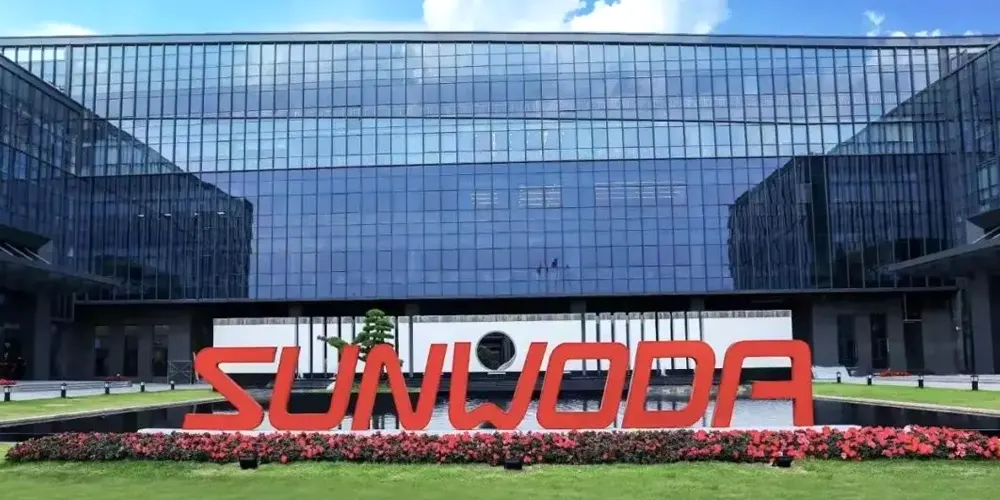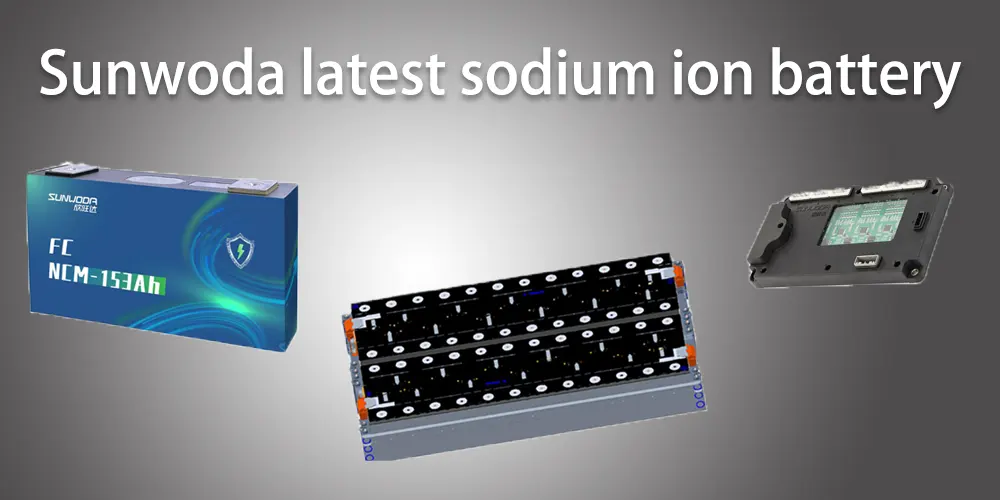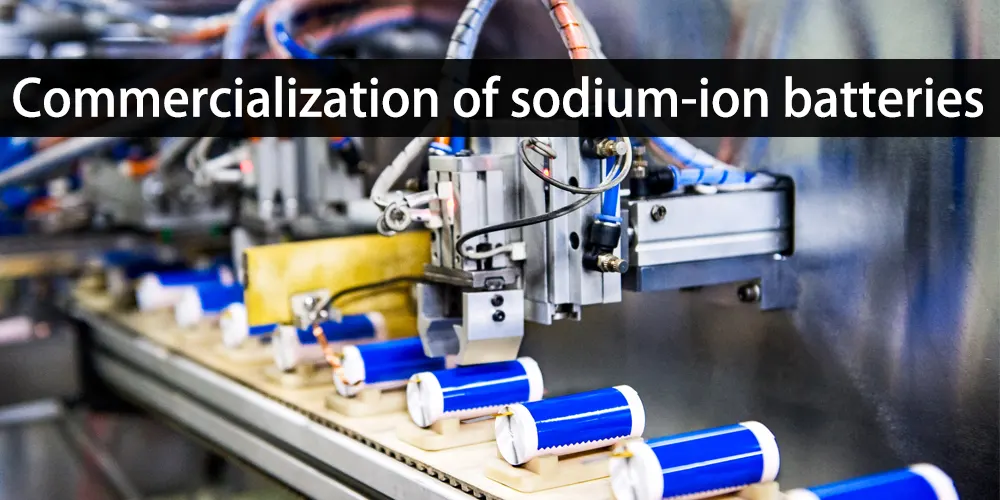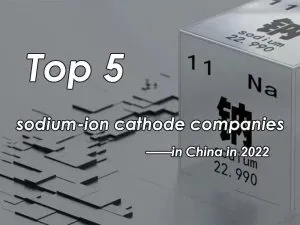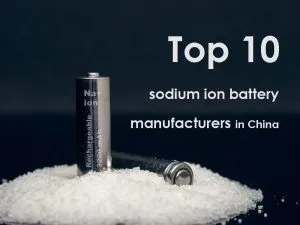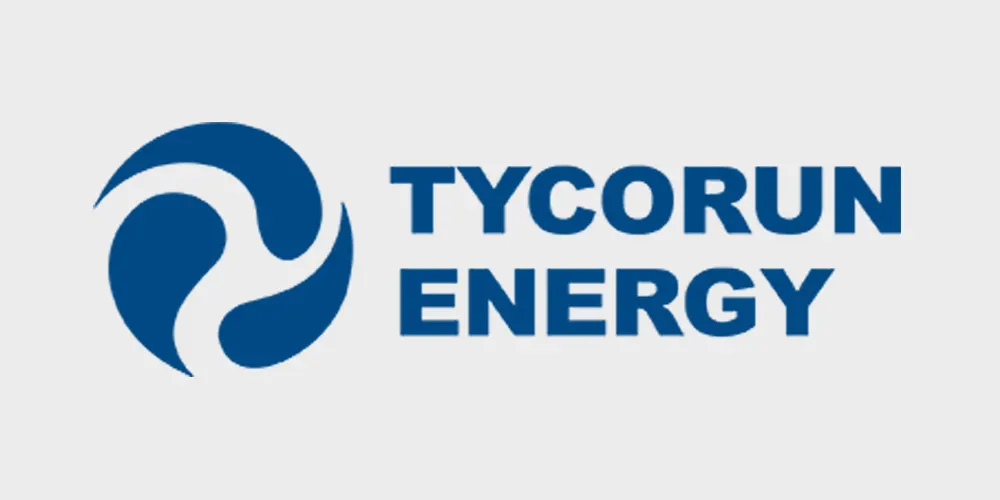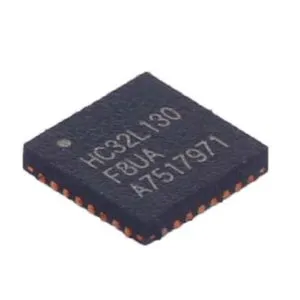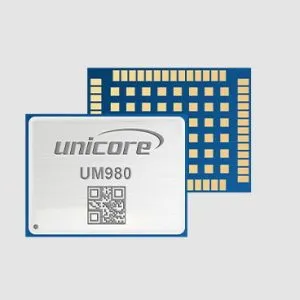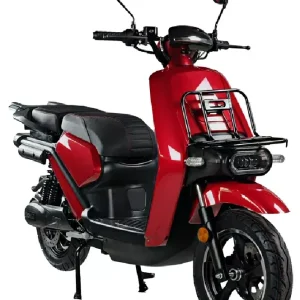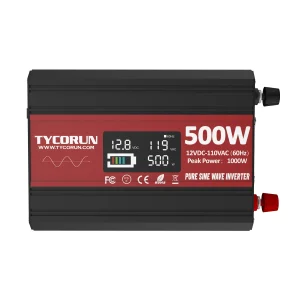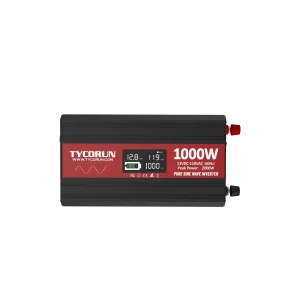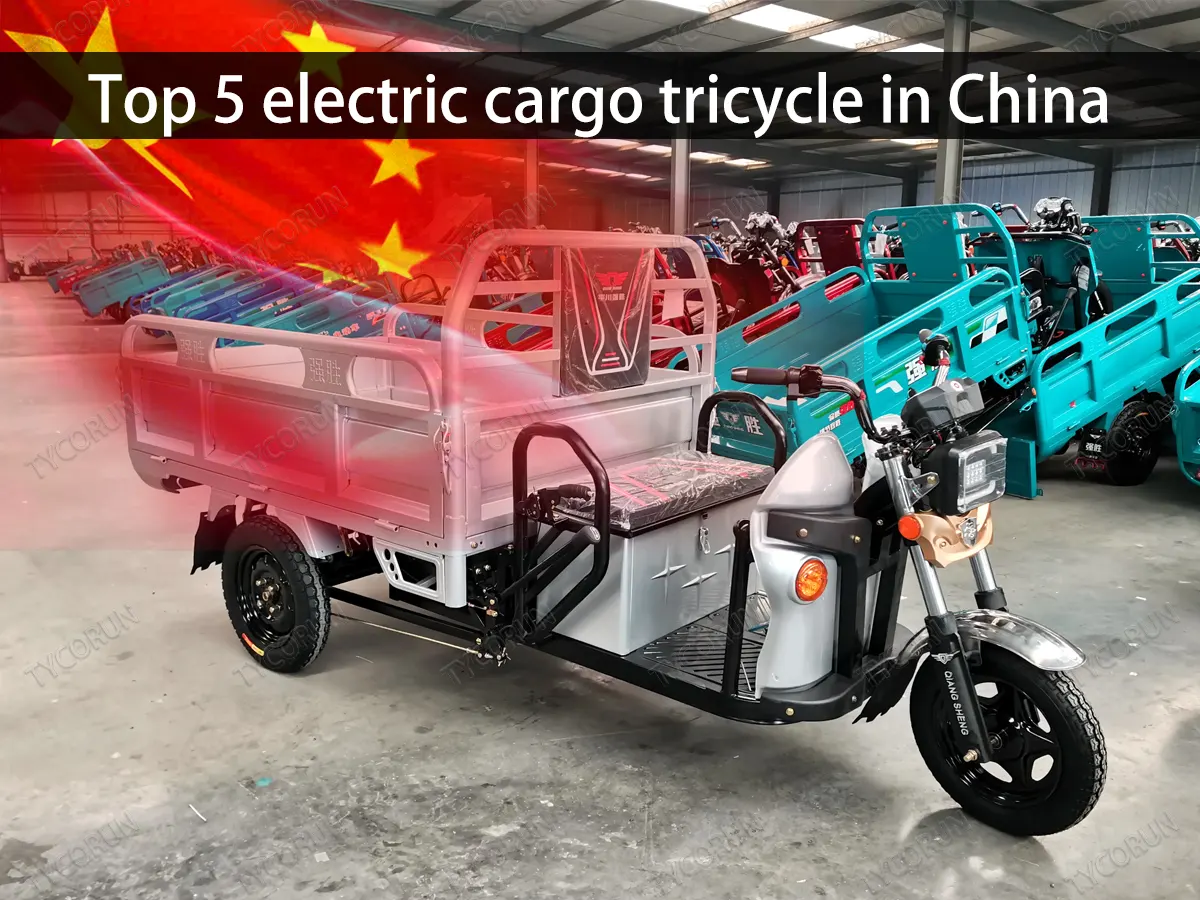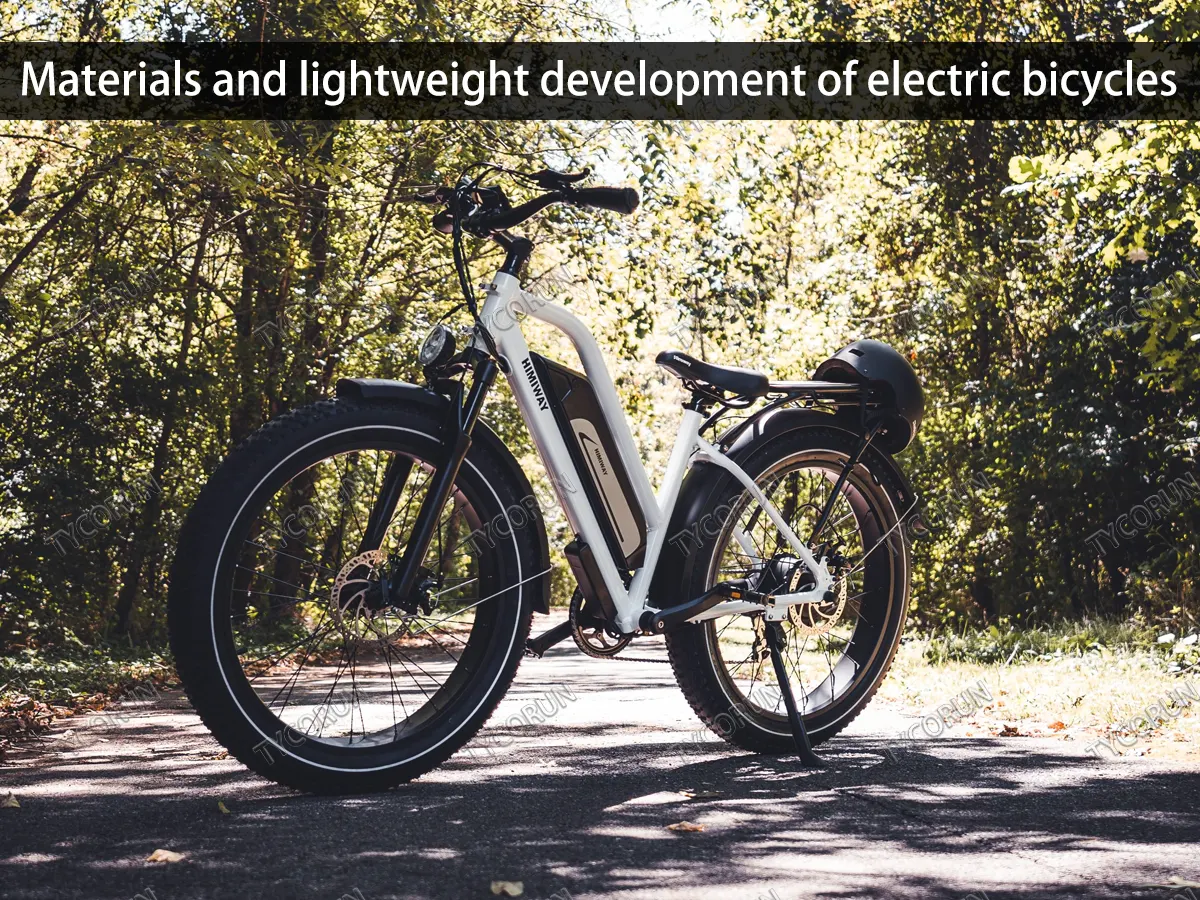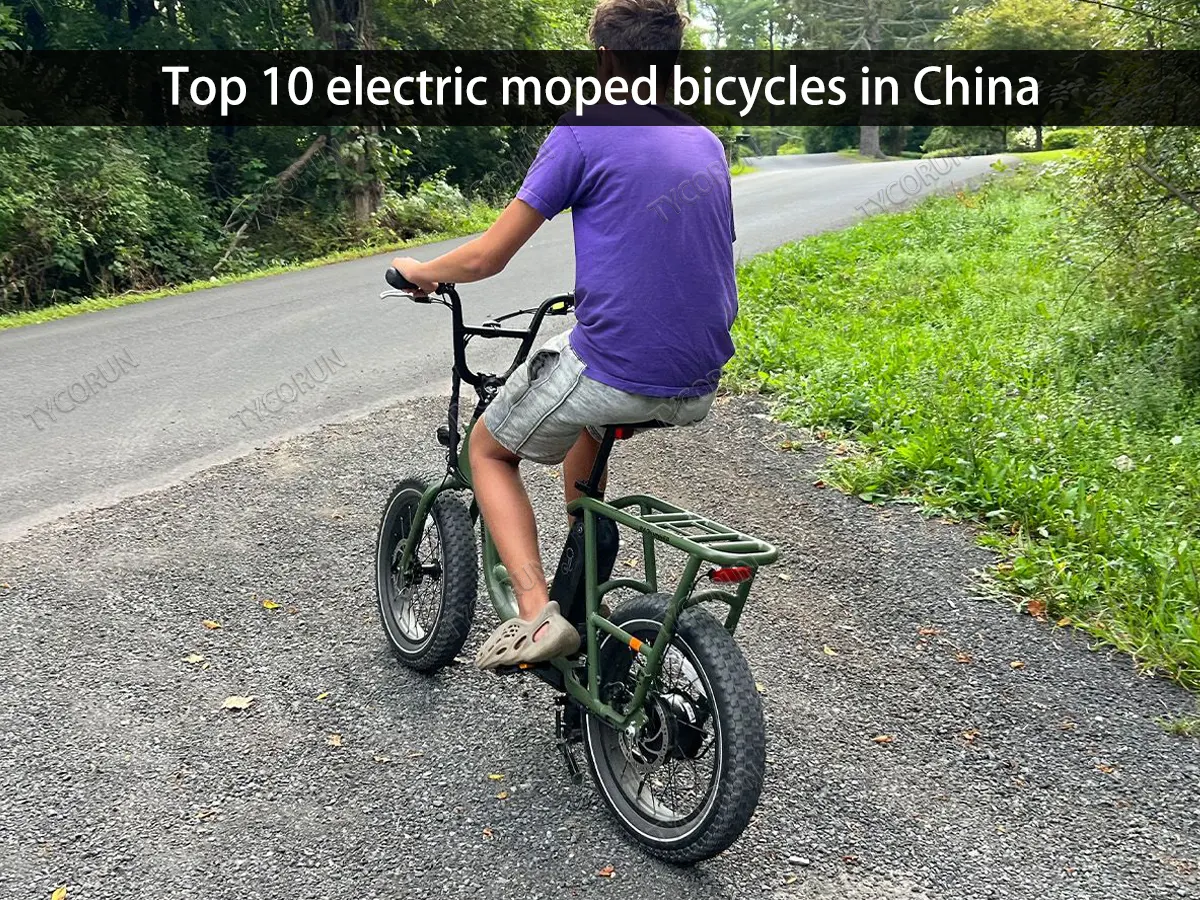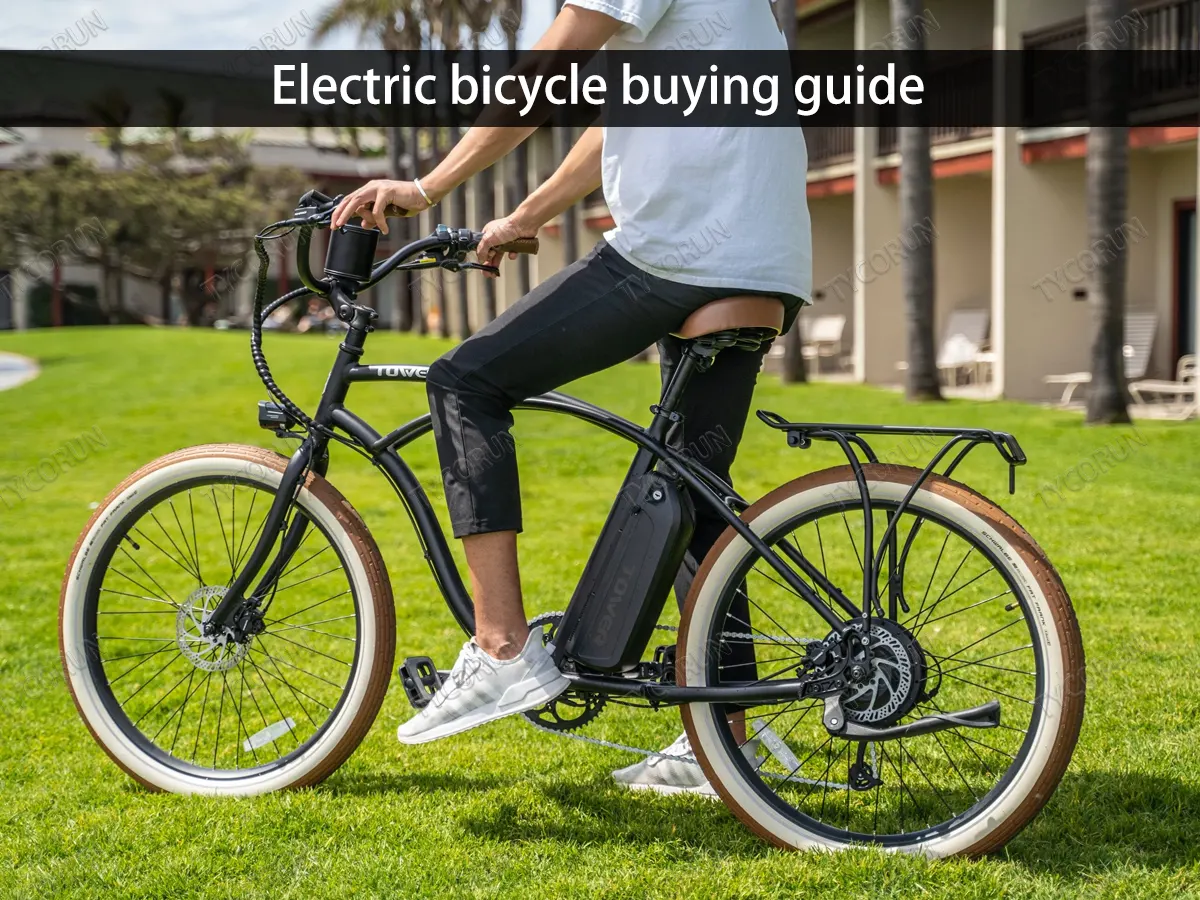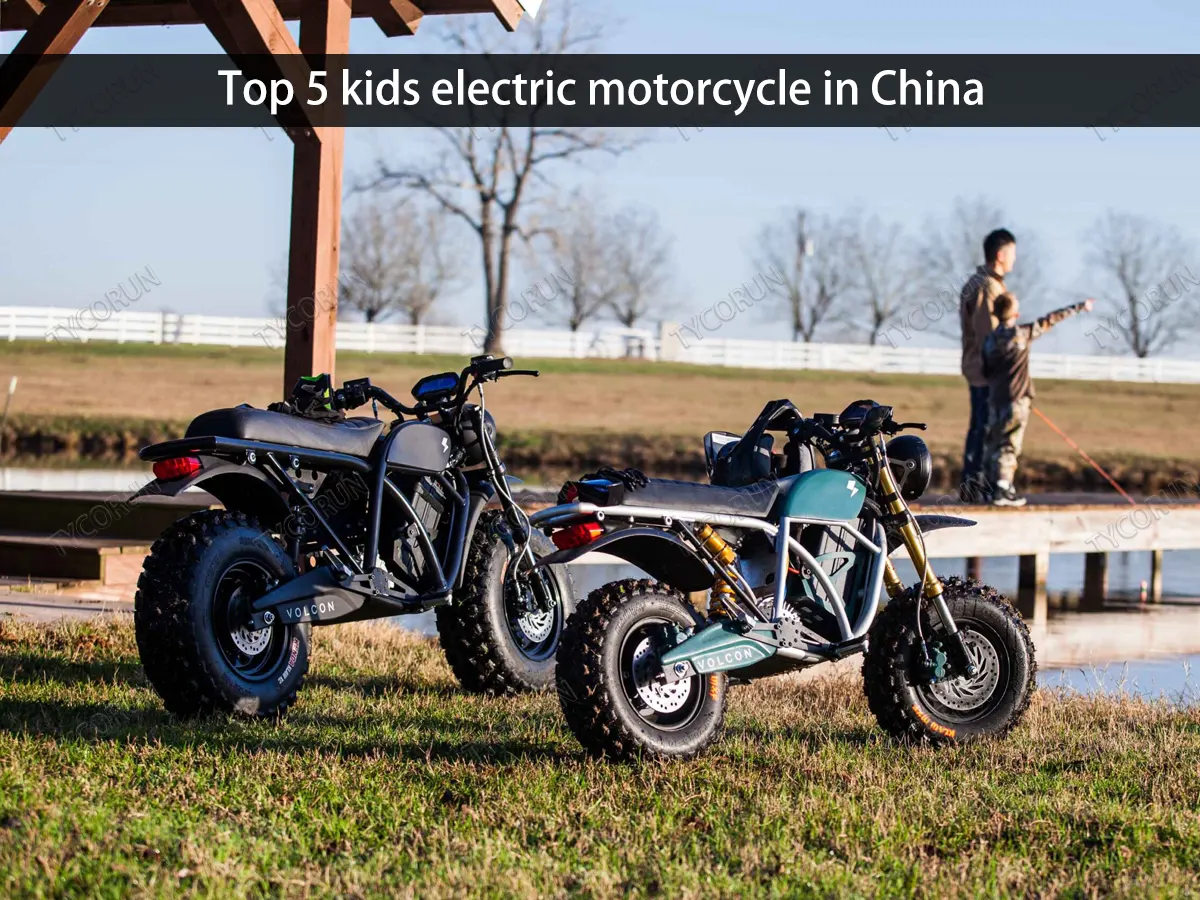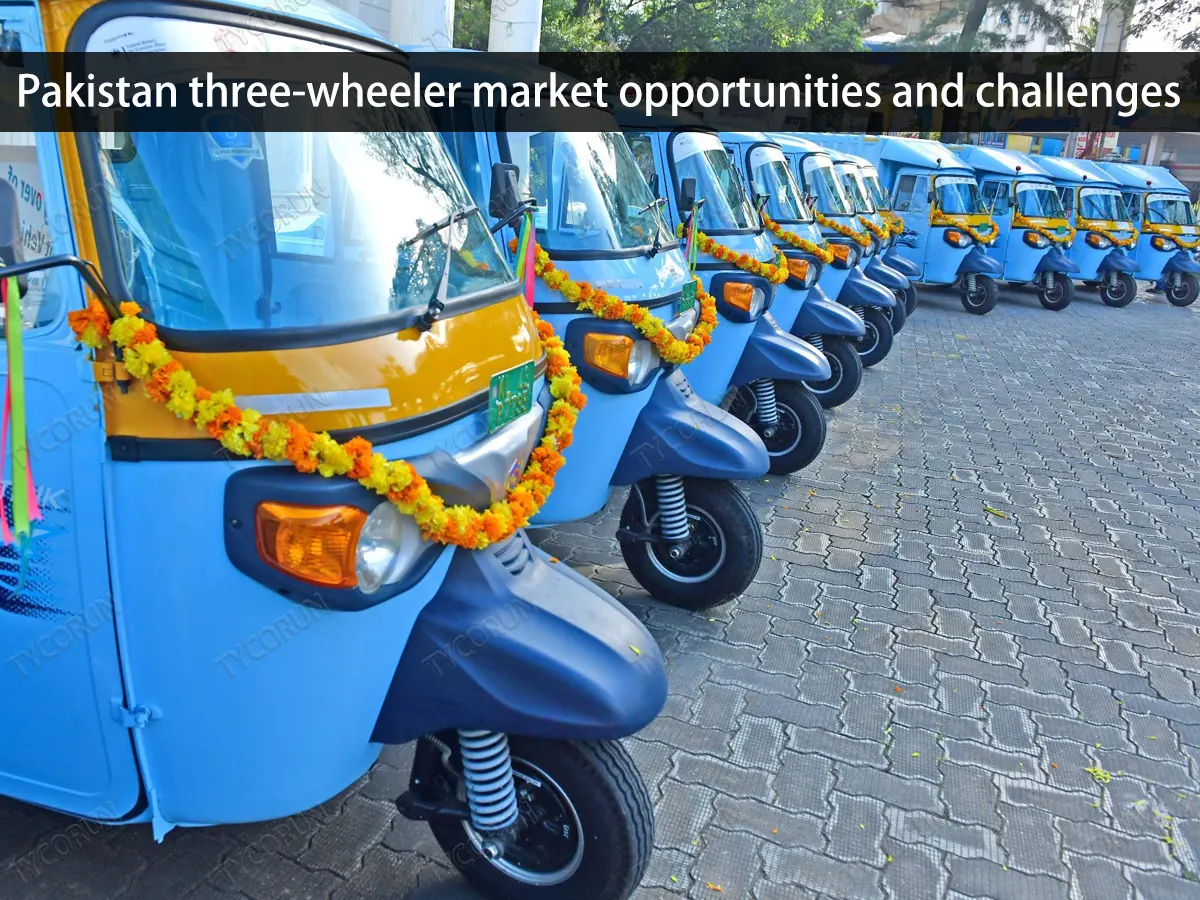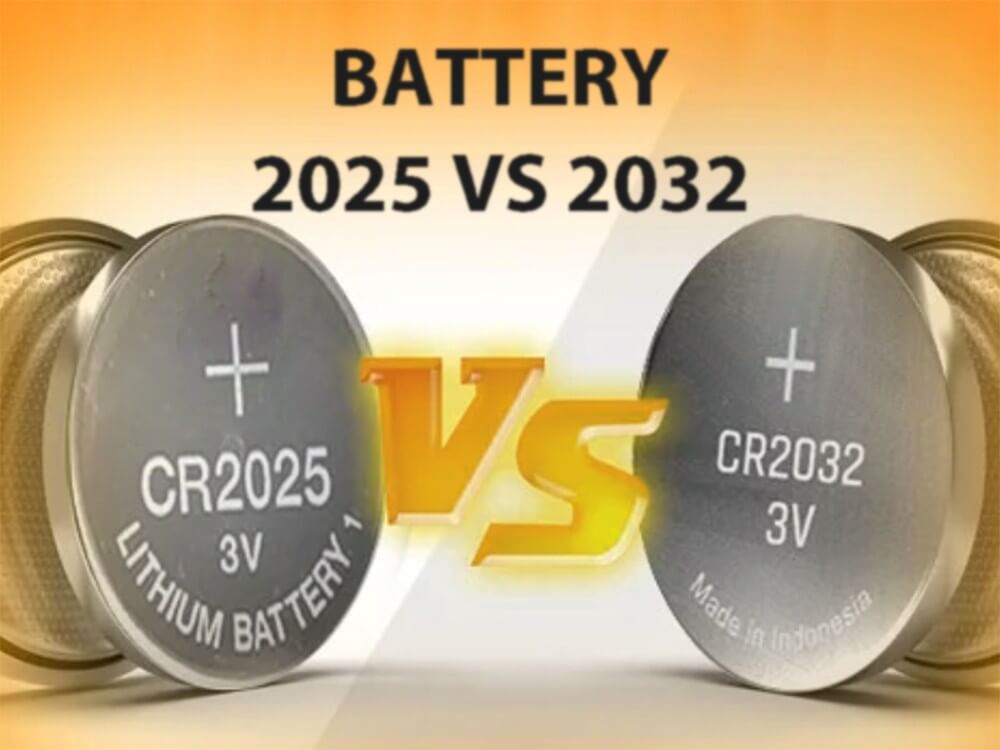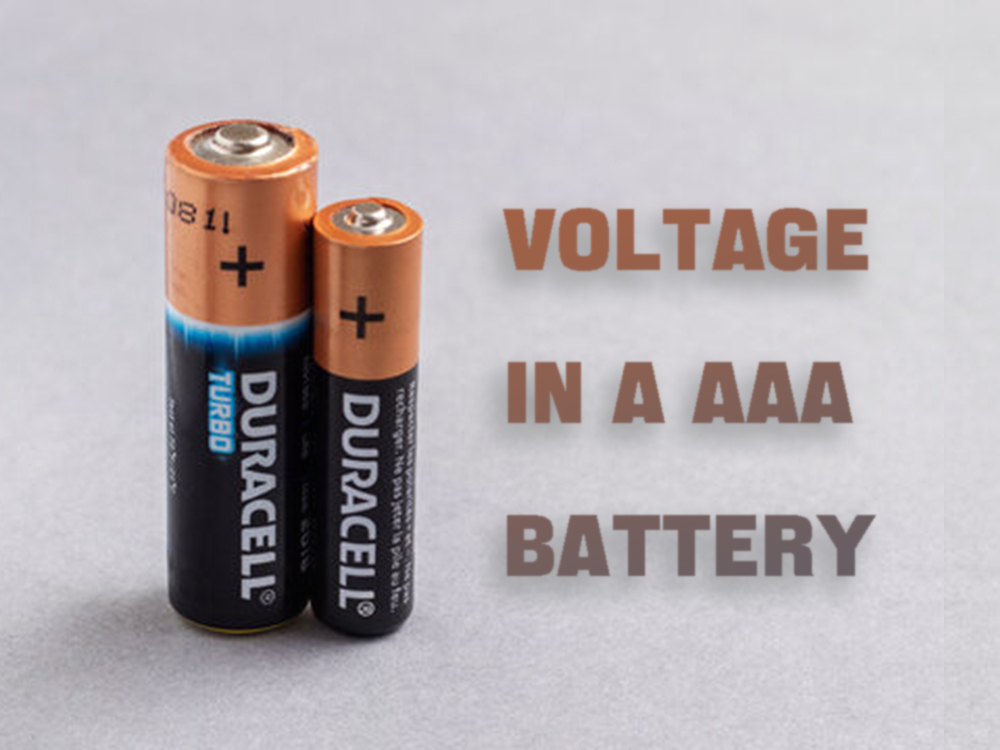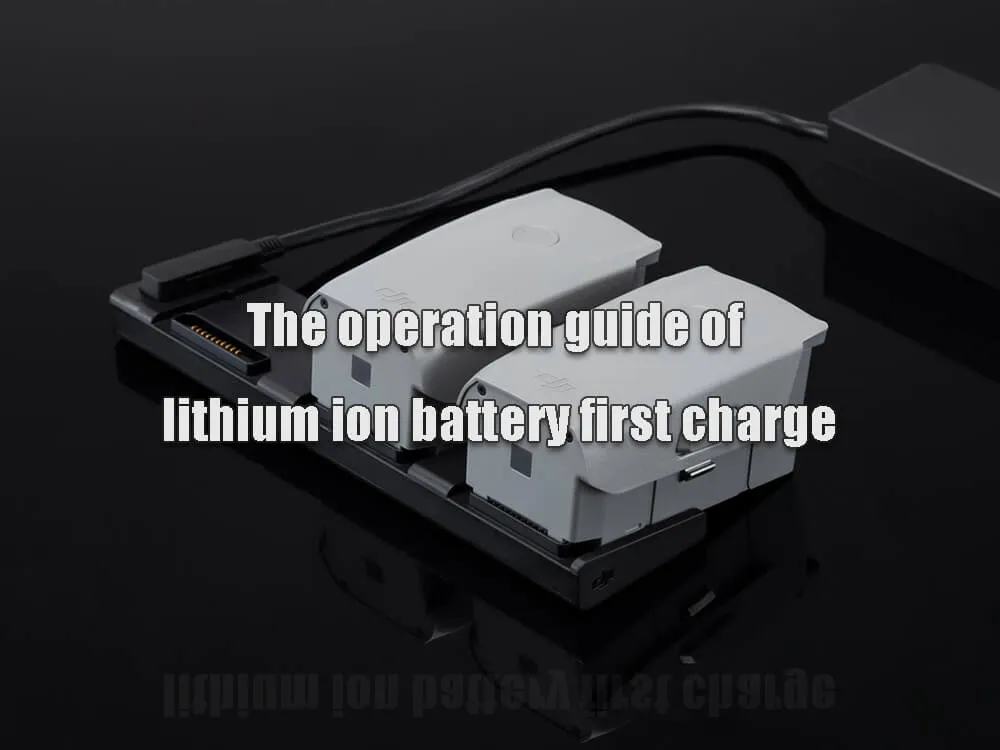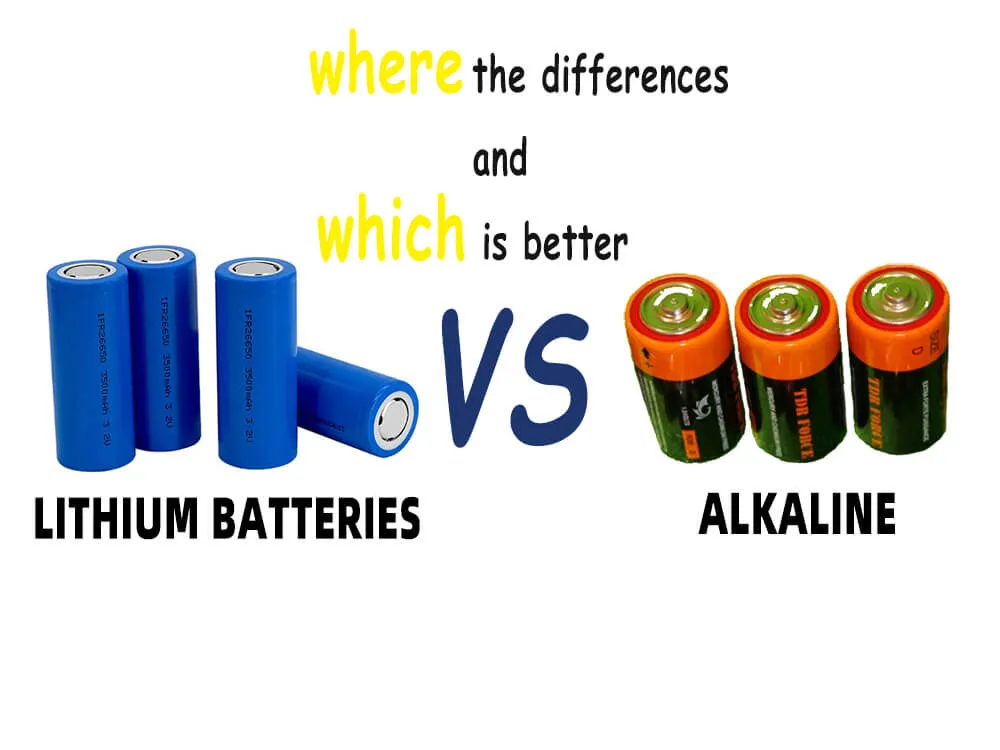Home » sodium ion battery » Sunwoda latest sodium ion battery products and technological breakthrough explained
Sunwoda latest sodium ion battery products and technological breakthrough explained
In recent years, more and more companies have deployed sodium-ion batteries. Among them, the sodium battery researched by Sunwoda has the latest progress. This article will use Sunwoda sodium-ion battery to explore its latest technological breakthrough, and discuss whether sodium-ion battery will replace Li-ion battery and the possibility of its commercialization.

If you are interested in sodium-ion batteries, this article can give you some references.
Sunwoda company introduction
Sunwoda, as a lithium battery manufacturers dedicated to covering the whole scene of power and energy storage batteries, started to develop and industrialize the layout of sodium-ion batteries early.
Sunwoda’s latest sodium-ion battery products have made innovations and breakthroughs in technology and materials, directly addressing industry pain points such as low discharge capacity and short cruising range of power batteries in low-temperature climates, and achieved a comprehensive breakthrough in performance.
Finally the sodium-ion battery formed an electrochemical energy storage system with excellent performance, realizing ultra-low temperature discharge, ultra-high safety performance, high-rate discharge, and high energy density.
Sunwoda latest sodium-ion battery technology innovation
Sunwoda latest sodium-ion battery has made technological breakthroughs in three aspects: positive electrode material, negative electrode material, and electrolyte.
As for the positive electrode material, Sunwoda adopts the layer oxide with the best performance in terms of product performance, production line process, industry chain maturity and cost.
● Regulated material composition ratio, 10% increase in energy density;
● Densest stacking filling, 15% increase in compaction density;
● Increase the percentage of active crystal surface, significantly improve the battery kinetic performance;
● Through the material surface fast ion conductor coating, simultaneously improve the material surface stability and kinetic performance.
In terms of negative electrode material, through collaborative research and development with suppliers, Sunwoda meets the needs of high energy density and low temperature application scenarios of batteries.
● Pore regulation to improve gram capacity;
● Surface modification to reduce reaction impedance and enhance low temperature performance;
● Optimize particle design to improve compaction density.
Electrolyte is the key to the development of ultra-low temperature battery. Sunwoda has developed a new sodium ion electrolyte.
● It adopts low melting point and weak polarity solvent to realize the rapid conduction of sodium ions at low temperature.
● Substantially improve the ultra-low temperature discharge performance of sodium ion battery.
Sunwoda’s ultra-low temperature sodium-ion battery has a good performance in low-temperature application scenarios, and can solve the problem of severe reduction in the cruising range of electric vehicles at low temperatures.
In addition, the battery also has the advantages of high rate discharge and high energy density. The 10C discharge capacity is more than 90% of the 1C discharge capacity; the weight energy density is 160Wh/kg, and the volume energy density is 320Wh/L.
In terms of safety, Sunwoda’s ultra-low temperature sodium-ion battery has ultra-high safety performance. It will not ignite or explode when pierced through a needle. It will not ignite or explode when overcharged to 160% SOC, and it will not ignite or explode when it can withstand 180°C.
Manufacturers of sodium-ion batteries
CATL
As one of members of top 10 lithium ion battery manufacturers, CATL released the first generation of sodium-ion batteries, and carried out battery energy innovations based on the innovation in the structure of lithium-sodium hybrid battery packs.
The energy density of the single cell of the CATL sodium-ion battery can reach 160mah/g, and it only needs to be charged at room temperature for 15 minutes to fully charge 80% of the battery.
Zoolnasm
Zoolnasm is an emerging sodium-ion battery company. Relying on the polyanion route, the full-stack technical capabilities from cathode materials, batteries, pack to system integration have been realized. Launched a unique NFS battery, and made significant progress in the promotion of industrialization and commercialization.
Hina Battery
Hina Battery focuses on the R&D and production of sodium-ion batteries. In addition to sodium batteries, the company also supplies positive and negative electrode materials and electrolytes for sodium batteries.
At present, Hina Battery have successfully developed NaCP08/80/138 and other sodium ion soft pack batteries of different specifications, as well as sodium ion cylindrical NaCR26650 and NaCR32138 batteries.
Will sodium-ion batteries replace lithium batteries?
In fact, lithium batteries and sodium batteries are mainly complementary, not completely substituted.
Sodium-ion batteries have better safety, lower cost, wider operating temperature range and higher rate performance. The dual advantages of performance and cost make sodium batteries suitable for application scenarios that require low energy density and are price-sensitive, such as energy storage, backup power, and small power tool batteries.
The energy density of sodium batteries is lower than that of lithium batteries, but much higher than that of lead-acid batteries. Relevant data shows that the energy density of sodium batteries is 120-160Wh/kg, which is 3-5 times that of lead-acid batteries.
In theory, even if calculated based on the price of 150,000 yuan/ton of lithium carbonate, the material cost of sodium batteries is still expected to be 30%-40% lower than that of lithium batteries.
Among them, the proportion of the cost of the positive electrode of the sodium battery has also dropped from 43% of the original cost of the positive electrode of the lithium battery to 26%.
However, it is worth noting that at this stage, the industrial supply chain of sodium batteries is not sufficient, and the technology is not mature, so that the initial cost is higher than that of lithium-ion batteries.
Only when a certain production scale is reached, the cost of sodium-ion batteries will be reduced. It is expected to reach the ideal state of 0.2-0.3 RMB/Wh.
Commercialization of sodium-ion batteries
Although the company has accelerated the development of sodium-ion battery capacity layout and technical route, everything is still unknown before mass production is actually realized.
At present, the energy density of lithium iron phosphate batteries is 150-210Wh/kg. However, known sodium-ion battery products have an energy density of 135 Wh/kg or 160 Wh/kg. It can be seen that the energy density of the current sodium-ion battery has just reached the lower limit of the lithium-ion battery.
According to analysis, sodium-ion batteries can be applied faster in scenarios that require relatively low energy density, such as two-wheeled electric vehicles and special vehicles.
However, in the passenger car scene with relatively high energy density requirements, it is far from reaching the level of mass production.
At this stage, the sodium-ion battery industry chain is still in the introduction stage, battery materials and electrolyte technology are in the early stages of development, and it will take some time for the commercialization of the sodium-ion battery industry to land.

